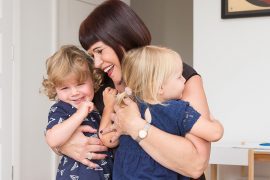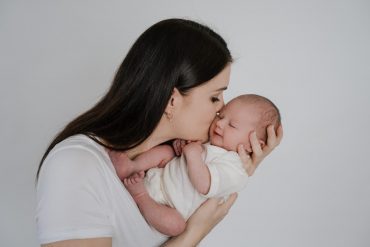With that in mind, as conscious and intentional parents/caregivers, we need to find ways to support our children’s curiosity and questions in compassionate ways. I have a few tips below that you might like to try.
- Don’t shut the question down! You can reframe their question or comment using compassion, and highlight their curiosity as opposed to their judgement. For example, if your child notices someone who has different colour skin to themselves, you could say “Ahh, you have noticed that person has different coloured skin to yourself. Did you know we have something in our skin called melanin that decides how light or dark our skin will be?” or “I can see you are curious about the colour of that person’s skin, it’s so interesting to see the different colours and beautiful shades of skin people can have.”
- You could counter with an opportunity to learn more. If your child has questions that you don’t know the answer to, perhaps it’s about religion or cultural practices, you could do a little research project together. In the moment though, you might respond and say “You are interested in why that person is doing XXX/wearing XX. I don’t know much about that, when we get home should we do some research and find out more?”.
Use their question to further their knowledge and acceptance of others, because the more information they have, the less likely they are to make up their own ideas, use their imagination to fill in the gaps or hear discriminatory talk and accept that explanation of difference.
- Have lots of discussions at home about kindness and communication. Teach them this phrase to help them decide if a question is compassionate or potentially hurtful. They can use this to consider what their intention is when asking the question and start learning about empathy and considering their impact on other people – Is it kind? Is it true? Is it necessary?
- Expand their circle of concern and get your children thinking about others outside of your family group. Ask friends to share their religious or cultural customs with you, read books that contain a wide variety of characters, travel (if you can), eat different foods. If they have questions about difference, counteract it with questions about what is similar, pick a charity to support as a family and find out more about the cause you are supporting, and be a role model in your kind language and behaviours towards others.
Rachel Tomlinson is a Registered Psychologist, founder of Toward Wellbeing and author of parenting book “Teaching Kids to be Kind” (available worldwide) and picture book “A Blue Kind of Day” (due for worldwide publication in Autumn 2022). Rachel has worked with adults, children and families in a variety of settings, and has presented at national conferences and guest lectured on topics relating to play therapy, trauma and family/domestic violence. She lives in Perth, Australia with her husband, daughter and two goofy boxer dogs. You can follow her on Facebook.










